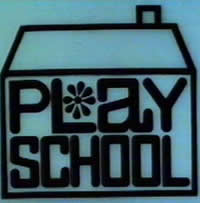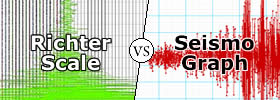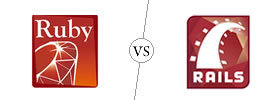Difference between Preschool and Playschool
Key Difference: Preschool is an institution that is meant for a child between infancy and school education. Preschool is a generic term to denote any type of institution that forms a part of elementary learning systems. Playschool is an informal nursery group that is usually meant for the children between the ages of two and four. It is a type of preschool that focuses on play-based education. Most of the time, a playschool is also used as a synonym to preschool.
 Preschool is an institution that is meant for a child between infancy and school education. Preschool is a generic term to denote any type of institution that forms a part of elementary learning systems. Montessori and playschool are also a form of preschool. These forms are based on the same underlying concept. They prepare the children for kindergarten. A preschool is often referred to as a nursery school. They aim to provide care and education for children below statutory school age. Most often the preschools are integrated with child care.
Preschool is an institution that is meant for a child between infancy and school education. Preschool is a generic term to denote any type of institution that forms a part of elementary learning systems. Montessori and playschool are also a form of preschool. These forms are based on the same underlying concept. They prepare the children for kindergarten. A preschool is often referred to as a nursery school. They aim to provide care and education for children below statutory school age. Most often the preschools are integrated with child care.
 Playschool refers to an informal nursery group. It serves a role of an educational institution for children too young to start studying in an elementary school. A playschool is also known as a playgroup. They operate for only a few hours a day during regular school term. These institutions precede the beginning of elementary school. They have been designed for the children who are too young to attend kindergarten or a nursery school. It mainly focuses on developing the abilities and skills of the children in a playful manner. Playschool staff takes good care of the children. They help a child for an easier transition to kindergarten.
Playschool refers to an informal nursery group. It serves a role of an educational institution for children too young to start studying in an elementary school. A playschool is also known as a playgroup. They operate for only a few hours a day during regular school term. These institutions precede the beginning of elementary school. They have been designed for the children who are too young to attend kindergarten or a nursery school. It mainly focuses on developing the abilities and skills of the children in a playful manner. Playschool staff takes good care of the children. They help a child for an easier transition to kindergarten.
Comparison between Preschool and Playschool:
|
|
Preschool |
Playschool |
|
Definition |
Denotes any type of institution that has been designed for children who are too young to go to school. |
Playschool refers to an informal nursery group. |
|
Types |
Some of the types are -
|
Some of the types include –
Montessori / Waldorf / Steiner groups |
|
Advantages |
|
|
Image Courtesy: taylorchapel.org, lovethyneighbourhood3056.blogspot.com









Add new comment